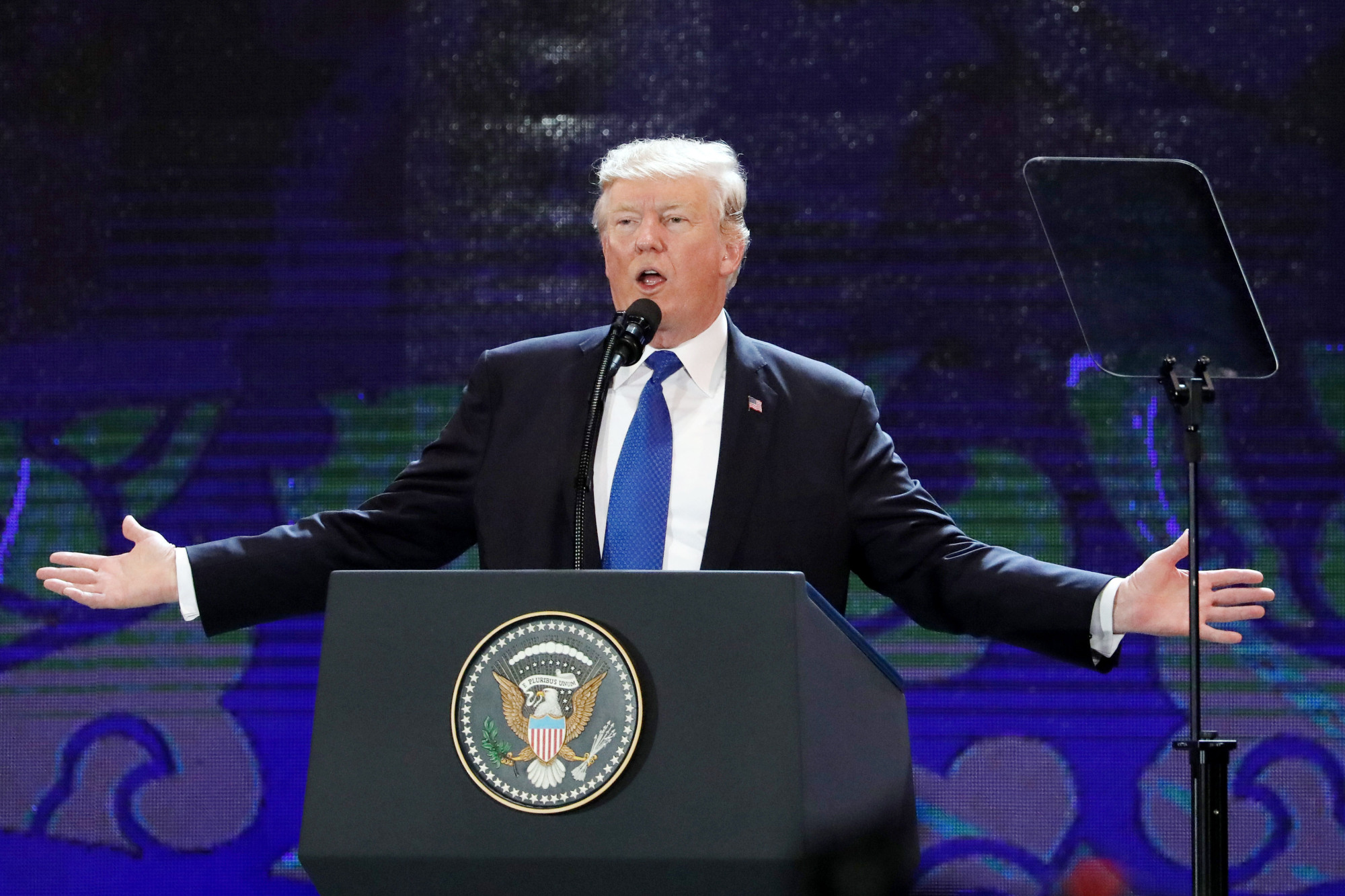With Washington now rocked by the fallout from the Ukraine scandal and the abandonment of the Kurds in Syria, top U.S. Asia strategists are surely hard at work to remind that American leadership in the Indo-Pacific rests on the continued strength of its alliances in the region. By some measures, however, the United States has already become somewhat unhinged from its Asian partners.
A recent study by the Institute of Southeast Asian Studies found that an alarming majority of elite opinions in the Asian region (68 percent) believe that U.S. engagement with the Association of Southeast Asian Nations under U.S. President Donald Trump has deteriorated. At a time when the U.S.'s fastest-growing trade and security partners are all in Asia, Washington's reliability in the Indo-Pacific region is increasingly an open question.
Make no mistake, the Trump administration's "Free and Open Indo-Pacific" (FOIP) strategy is a worthy addition to U.S. policy in Asia, consistent with prior strategic thinking about the region. According to the Pentagon's latest report on the subject in June, U.S. Indo-Pacific strategy revolves around the simultaneous enhancement of long-standing objectives on economic engagement, security cooperation, and strengthened governance — a balance of priorities that aligns with the approaches of key partners like Japan and Australia.



